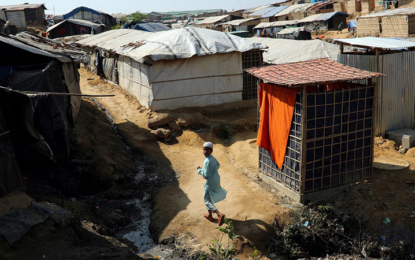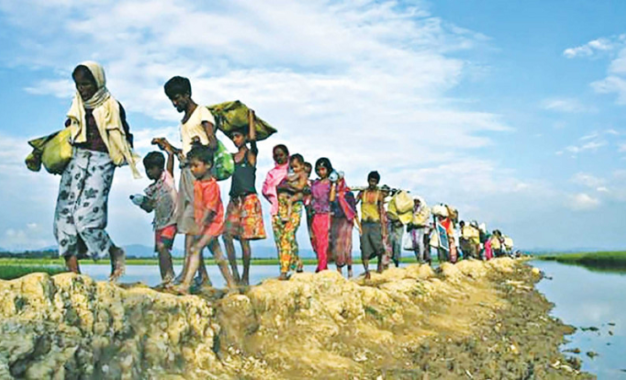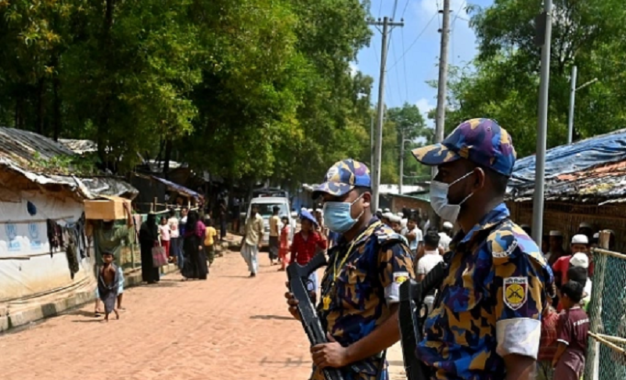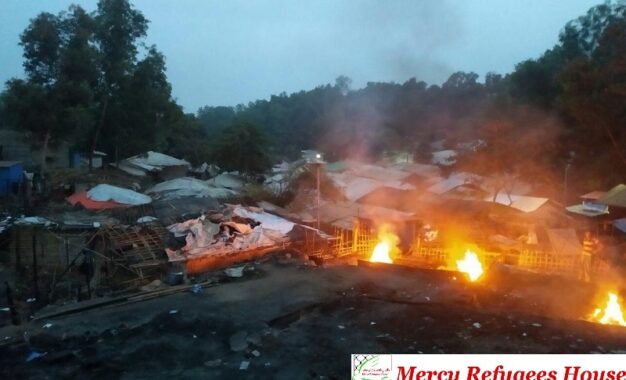Latest News
Malaysia: Allow Rohingya Refugees Ashore
Bangladesh, Help Refugees, Human Rights, Myanmar, Refugees issues, Religious Rights

Malaysia’s government is risking lives by pushing back overloaded boats of Rohingya refugees, Human Rights Watch said today. The government can appropriately respond to the Covid-19 pandemic without blocking life-saving rescues of seaborne asylum seekers.
Malaysia has recently pushed back to sea at least two boats filled with Rohingya refugees. On April 16, 2020, the Malaysian navy intercepted a boat with approximately 200 Rohingya refugees off the coast of Malaysia and prevented the boat from entering Malaysian waters. The fate of that boat is unknown. The previous day, Bangladesh coast guard officials intercepted another boatload of refugees that, survivors said, had been turned away from Malaysian waters almost two months earlier. A total of 382 starving Rohingya refugees were taken off the boat and survivors reported that at least 30 people on board had died before the rescue.
Also Read- Govt, humanitarian community to ensure health services in Rohingya camps: IOM
“Malaysia’s claims to support the rights of the Rohingya mean shockingly little when they push desperate refugees back to sea,” said Phil Robertson, deputy Asia director. “The Covid-19 pandemic does not create a justification for risking the lives of refugees on overcrowded boats.”
The Malaysian military sought to justify its actions by claiming that those on the boat would bring Covid-19 into the country, and that it had provided food to those on the boat turned away on April 16. In response to the public health crisis, Malaysia has issued a movement control order that prohibits foreigners from entering the country, among other prohibitions.
Amazon Sponsorship
Recent Posts
Jul 29, 2023
It has been close to six years since hundreds of thousands of Rohingya faced a deadly genocide by Myanmar’s military and fled the country in search of protection and refuge in neighbouring Bangladesh. The Rohingya population has been undergoing persecution, discrimination, arbitrary arrests, and atrocities in Myanmar for over seven decades. Their condition is alarmingly […]


















